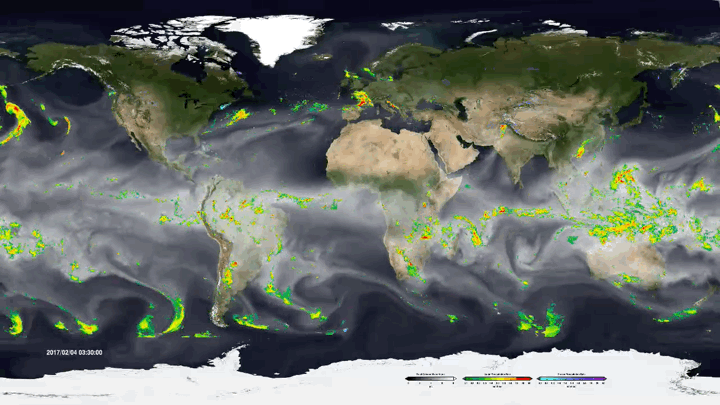

Not reading the news isn’t going to make the situation better or worse. I understand the sentiment, but don’t understand why saying it is useful. Hiding your head in the sand doesn’t mean your body won’t be harmed.
There are better ways to cope with the emotional onslaught of this change. Focusing on your community, finding new digital communities, learning to cope in general, finding validating ways to feel liberated… In other words actions. Small perhaps, but beyond this notion of burying our heads in the sand.













Look, yes avoidance is a valid behavior. We have it, we need it, and it’s useful at times, but like any behavior it can become a dependence. Wholly depending on an attitude of avoidance to deal with the outside world doesn’t build resilience. Desensitizing to the trauma and being able to face it, and act in spite of seems like a better goal.
It’s a screwed up depressing world and I empathize with the horror, disgust, disillusionment, disenfranchised nature of the world.
I struggle with it constantly, and maybe we should create a support group or a sub for this alone, as we need to find ways to cope with this, as it’s not going to get fixed in a vacuum. Yet we can’t fix it if we are overwhelmed and emotionally shutdown…